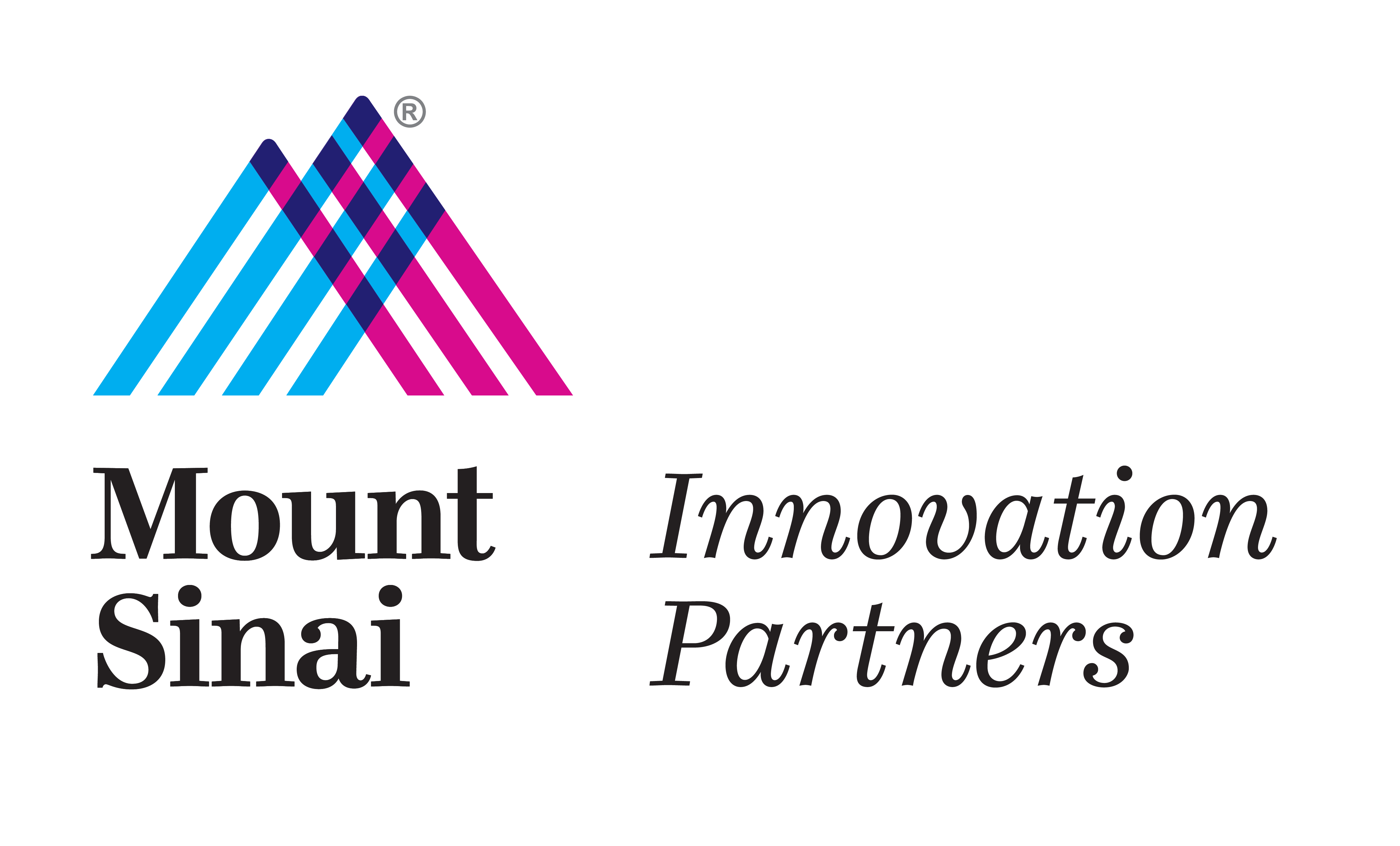Mount Sinai’s Blood Test to Detect Antibodies to COVID-19 Receives Emergency Use Authorization From U.S. Food and Drug Administration
April 16, 2020“This important regulatory authorization reflects the success of a truly translational medical effort by our basic scientists, pathologists, and clinicians who have risen to the occasion and combined their unparalleled expertise in a way that will help the community at large as we fight this terrible disease,” said Dennis S. Charney, MD, Anne and Joel Ehrenkranz Dean of the Icahn School of Medicine at Mount Sinai, and President for Academic Affairs of the Mount Sinai Health System.
A research team led by Florian Krammer, PhD, Professor of Microbiology at the Icahn School of Medicine at Mount Sinai, began working on the serologic test in January 2020, before COVID-19 had been seen in the United States. To make the test, the researchers used animal cells to produce copies of the telltale “spike” protein that is present on the surface of SARS-CoV-2. That protein is highly immunogenic, meaning that people’s immune cells see it and start making antibodies that can lock onto it. The test involves exposing a sample of blood to bits of the spike protein. If the test “lights up,” it means that person has the antibodies. Similar to the most commonly used tests for other viruses, such as hepatitis B, this test shows whether a person’s immune system has come into contact with SARS-CoV-2.
“Our test can pick up the body’s response to infection, in some cases as early as three days post-symptom onset, and is highly specific and sensitive,” says Dr. Krammer. “We have shared the toolkit needed to set up the test with more than 200 research laboratories worldwide to help mitigate this global crisis.”
Once the research test had been developed in Dr. Krammer’s microbiology lab, Mount Sinai’s pathology and laboratory medicine experts were able to quickly transfer the technology to The Mount Sinai Hospital’s Clinical Laboratories, which are certified by the Clinical Laboratory Improvement Amendments and accredited by the College of American Pathologists, signifying that the laboratory meets or exceeds industry standards for clinical laboratory testing. In this regulated laboratory environment, under the guidance of Carlos Cordon-Cardo, MD, PhD, Irene Heinz Given and John LaPorte Given Professor and Chair of Pathology, Molecular and Cell-Based Medicine, the test was validated.
“Our microbiology colleagues generated great science and tools that were brought from the research lab into the clinical space to implement robust and compliant diagnostic tests with great specificity and sensitivity so that we can better care for our patients,” says Dr. Cordon-Cardo. “We are grateful to the FDA for granting this expanded authorization so that we can deploy this vital test to the community at large.”
Under the leadership of David L. Reich, MD, President of The Mount Sinai Hospital, and Judith A. Aberg, MD, Chief of the Division of Infectious Diseases and Immunology in the Department of Medicine, The Mount Sinai Hospital became among the very first in the United States to initiate a convalescent plasma program on Saturday, March 28.
“The exchange of ideas between clinicians and scientists and our intense drive to innovate is the catalyst that led to this achievement,” says Dr. Reich. “Mount Sinai will continue to advance the science and medicine in the fight against COVID-19.”
“Serologic testing for COVID-19 is a critical tool for helping us to understand the nature of the disease within our communities.,” says Erik Lium, PhD, Executive Vice President and Chief Commercial Innovation Officer of the Mount Sinai Health System. “We continue to broadly partner this technology with industry, recognizing the need to scale serologic testing effectively.”
Mount Sinai’s rich history and leadership in the fields of pathology, microbiology, and immunology helped to make this discovery and clinical application possible. From its beginnings in 1893, the Mount Sinai Department of Pathology, Molecular and Cell-Based Medicine has been a leader in the field. In addition to delivering more personalized pathology services to patients, Mount Sinai was the first major medical center to establish a fully integrated pathology department combining the various arms of testing—anatomical, clinical, molecular/genetic, and cytological—under a single umbrella and now has the second largest department of its type in the nation. The Department of Microbiology is led by internationally renowned microbiologist Peter Palese, PhD, who pioneered the field of reverse genetics for negative-strand RNA viruses, a revolutionary technique that is crucial for the study of the structure/function relationships of viral genes, for the investigation of viral pathogenicity, and for the development and manufacture of novel vaccines. It also has significant implications in understanding and preparing for infectious disease pandemics. Dr. Palese has recruited some of the top microbiologists in the world to study viruses and emerging pathogens. And the Division of Infectious Diseases is at the forefront of research, treatment, and prevention of infectious diseases with investigations focused on improving patient outcomes and rapidly translating research findings into patient care.
For inquiries related to commercial licensing of the test, please contact Cynthia Cleto from Mount Sinai Innovation Partners at: cynthia.cleto@mssm.edu
To support COVID-19 research and response efforts, visit https://www.mountsinai.org/covid19research.

